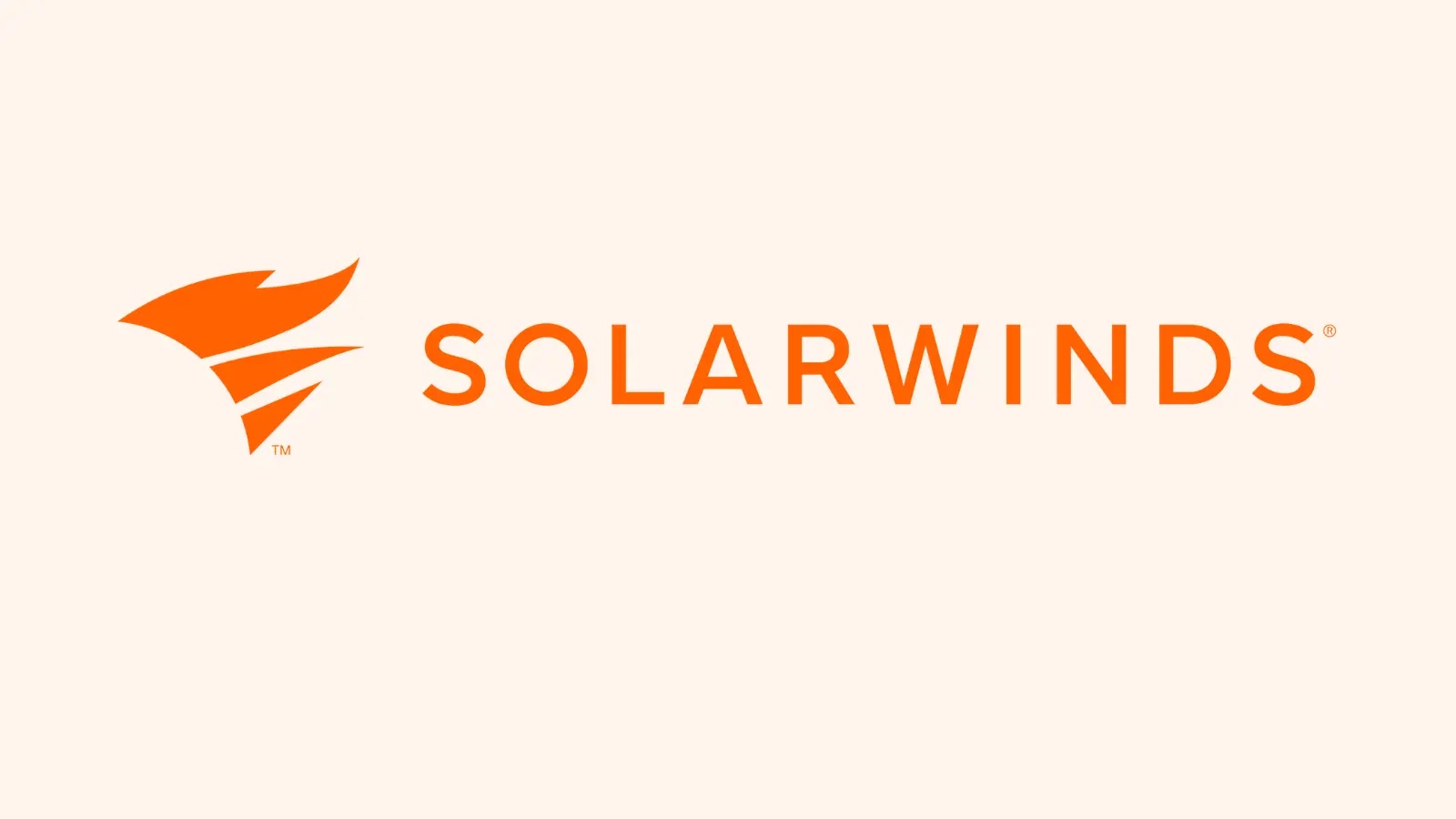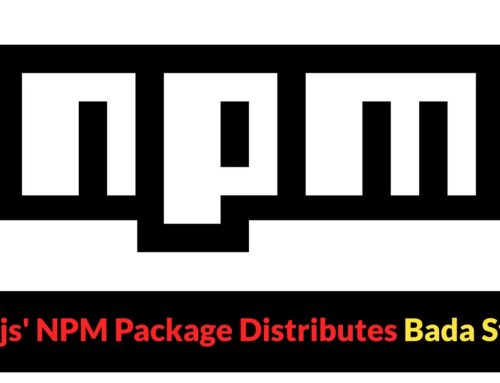
SolarWinds Releases Advisory on Salesloft Drift Security Incident
SolarWinds Issues Advisory Regarding Salesloft Drift Security Incident
In an evolving cybersecurity landscape, proactive communication and transparent reporting are paramount. SolarWinds, a leading provider of IT management software, has recently underscored this principle by releasing an advisory concerning a security incident involving the Salesloft Drift integration for Salesforce. This incident, while not directly impacting SolarWinds’ own systems, highlights the interconnected nature of modern enterprise software ecosystems and the potential for supply chain vulnerabilities. The company is treating the matter with the utmost priority, ensuring a thorough understanding and timely response.
Understanding the Salesloft Drift Breach and Its Origin
The security incident originated from compromised OAuth tokens associated with the Salesloft Drift integration for Salesforce. For those unfamiliar, OAuth (Open Authorization) is an open standard for access delegation, commonly used as a way for internet users to grant websites or applications access to their information on other websites without giving them the passwords. In this scenario, compromised OAuth tokens could grant unauthorized access to data that the Salesloft Drift integration was permitted to access within Salesforce environments.
While the initial breach points to a third-party component, it’s crucial for organizations utilizing these integrations to understand the potential exposure. SolarWinds has confirmed that its internal systems and infrastructure remain secure and were not directly compromised as a result of this incident. Their advisory serves as a public service announcement, urging their customers and the broader IT community to assess their own environments if they utilize the affected integration.
The Impact of Compromised OAuth Tokens
Compromised OAuth tokens can have significant ramifications. Rather than a direct server breach, this type of incident exploits the trust relationship between applications. When an OAuth token is compromised, an attacker can impersonate the legitimate application or user to access data or perform actions within the scope of the token’s permissions. In the context of a Salesforce integration, this could lead to:
- Unauthorized access to sensitive customer data stored in Salesforce.
- Manipulation of records or configurations within Salesforce.
- Potential exfiltration of confidential business information.
The severity of the impact depends heavily on the permissions granted to the Salesloft Drift integration and the specific data it was authorized to access.
SolarWinds’ Stance and Proactive Measures
Despite not being directly impacted, SolarWinds’ decision to issue an advisory demonstrates a commitment to broader cybersecurity hygiene and customer safety. This proactive approach helps to inform their user base about potential threats that might indirectly affect their systems due to reliance on third-party services. Such transparency is vital in fostering trust and enabling customers to take necessary preventative actions.
Organizations should note that this situation underscores the importance of a robust third-party risk management strategy. Assessing the security posture of every integrated service, understanding their data access permissions, and implementing least privilege principles are critical steps in mitigating such risks.
Remediation Actions and Best Practices
For organizations utilizing the Salesloft Drift integration for Salesforce, immediate action is advised. The following steps should be considered:
- Review OAuth Token Usage: Inspect the OAuth tokens associated with the Salesloft Drift integration. Identify when they were last refreshed and their current scope of permissions.
- Revoke Compromised Tokens: As a precautionary measure, revoke and re-issue any OAuth tokens linked to the Salesloft Drift integration that are suspected to be compromised or have not been recently refreshed.
- Audit Access Logs: Scrutinize Salesforce access logs for any unusual activity originating from the Salesloft Drift integration. Look for unexpected data queries, modifications, or access patterns.
- Apply Principle of Least Privilege: Ensure that the Salesloft Drift integration, or any third-party application, is granted only the minimum necessary permissions to perform its intended function. Regularly review and adjust these permissions.
- Implement Multi-Factor Authentication (MFA): Mandate MFA for all user accounts accessing Salesforce, especially those associated with integrations, to add an additional layer of security.
- Stay Informed: Monitor official communications from Salesloft and Drift for further updates and specific remediation guidance.
Relevant Tools for Detection and Mitigation
While this incident specifically concerns OAuth tokens, general security best practices and tools can aid in detection and mitigation efforts for similar types of breaches within a Salesforce environment.
| Tool Name | Purpose | Link |
|---|---|---|
| Salesforce Shield | Enhanced security features including Event Monitoring, Platform Encryption, and Field Audit History. | Salesforce Security |
| OAuth Tools (e.g., Postman) | Testing and managing OAuth tokens for integrated applications. | Postman |
| Security Information and Event Management (SIEM) Solution | Centralized logging and analysis of security events across your IT infrastructure, including Salesforce. | (Varies by vendor, e.g., Splunk, IBM QRadar) |
| API Security Gateway | Protects APIs from various threats, including unauthorized access and data exfiltration. | (Varies by vendor, e.g., Akamai, Google Cloud Apigee) |
Conclusion: The Interconnected Threat Landscape
The SolarWinds advisory regarding the Salesloft Drift security incident serves as a pertinent reminder of the complex and interconnected threat landscape businesses navigate today. While SolarWinds’ own systems remained secure, the incident highlights the ripple effect that a compromise in one component of the supply chain can have. Organizations must maintain vigilance over their third-party integrations, rigorously manage access permissions, and prepare robust response plans. Transparency from vendors like SolarWinds is key to enabling a collective defense against these evolving threats, ensuring that all parties can secure their data and systems effectively.





